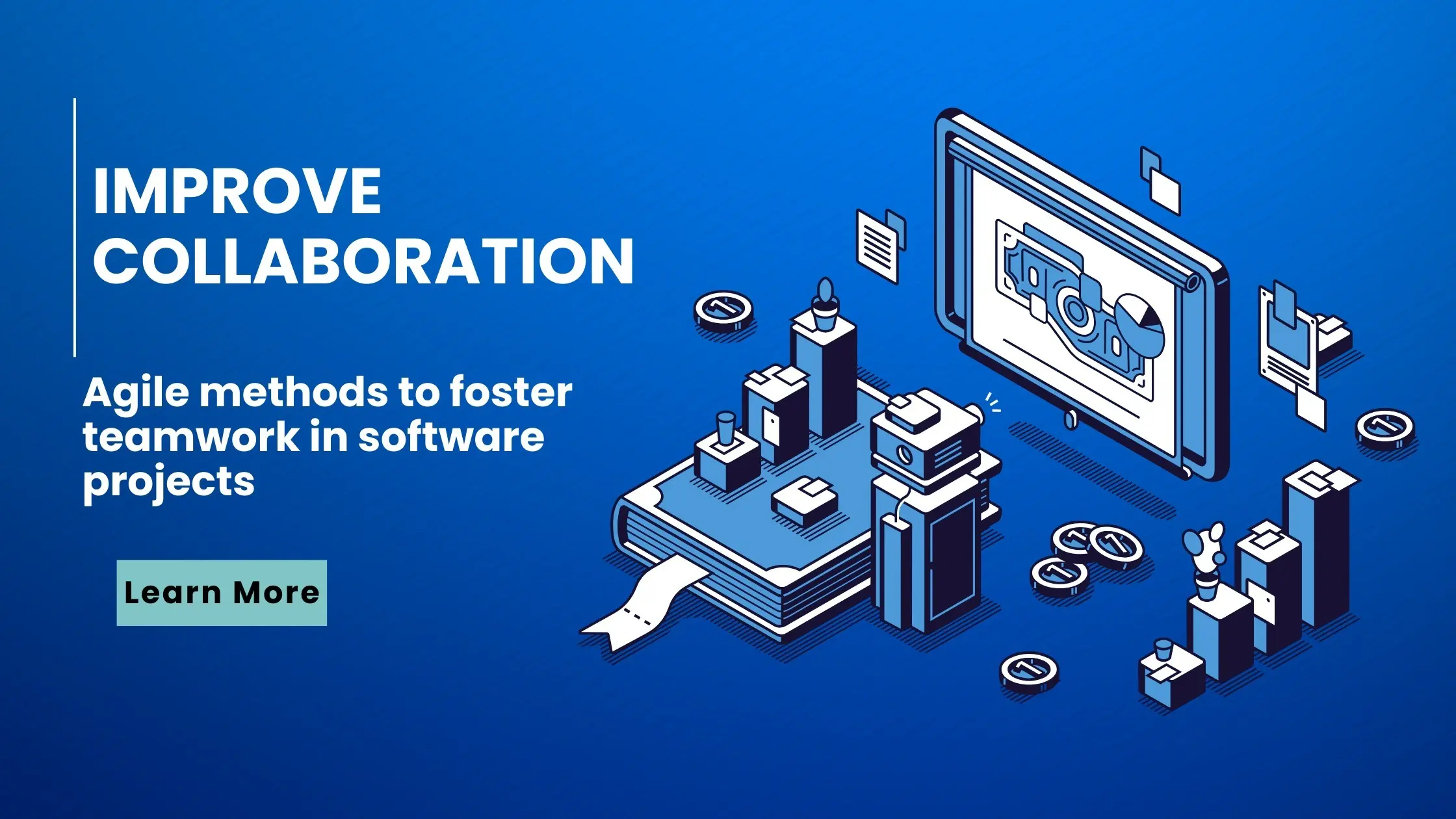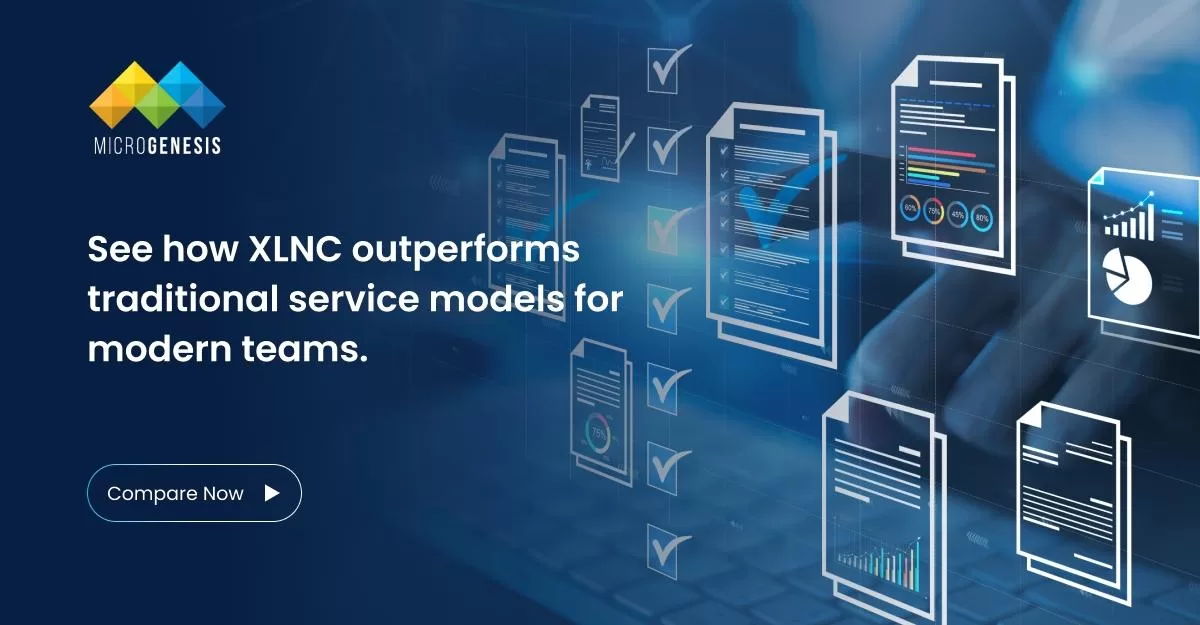Agile project management has emerged as a cornerstone of modern software development, promoting adaptability, collaboration, and efficiency. Jira, a leading agile tool, empowers teams to implement various methodologies like Scrum, Kanban, and hybrid frameworks to achieve their project goals effectively. This blog delves into how Jira supports agile workflows, providing detailed insights into its capabilities for software teams at any stage of their agile journey.
Understanding Agile Methodologies
Agile is not just a process but a mindset that emphasizes iterative development, continuous feedback, and incremental delivery. While different teams adopt different frameworks, the core principles of agile remain consistent. Jira’s versatility allows it to cater to all methodologies, offering tools and integrations that simplify planning, tracking, and delivering projects.
Jira: A One-Stop Solution for Agile Teams
Jira provides a comprehensive platform that aligns with the dynamic needs of software teams. Its features include agile boards, backlogs, roadmaps, reporting tools, and extensive integrations. Here’s a closer look at how Jira supports agile frameworks:
1. Scrum Tools in Jira
Scrum is a popular agile methodology that focuses on iterative development in fixed-length sprints. Jira’s scrum-specific tools streamline every aspect of this process:
- Sprint Planning: Jira makes sprint planning seamless by centering the backlog in planning meetings. Teams can estimate stories, adjust sprint scope, and check velocity in real-time, ensuring clarity and focus.
- Backlog Management: Managing a product backlog has never been easier. Jira enables teams to reorder items through drag-and-drop functionality and apply filters to prioritize work effectively.
- Customizable Scrum Boards: Visualize work in progress using Jira’s customizable scrum boards. Add swimlanes, categorize tasks, and view sprint progress at a glance.
- Reporting Tools: Gain actionable insights with burndown charts, velocity charts, and sprint reports to evaluate team performance and identify areas of improvement.
2. Kanban Tools in Jira
Kanban emphasizes continuous delivery and visualizing workflows. Jira’s kanban tools provide:
- Kanban Boards: Jira’s kanban boards allow teams to track work items’ progress in real-time, ensuring transparency and efficiency.
- WIP Limits: Work-in-progress limits can be configured to prevent bottlenecks and maintain a steady flow of tasks.
- Customizable Workflows: Tailor workflows to fit your team’s needs, whether they’re simple or complex. Jira’s flexible configuration options ensure workflows grow alongside your team.
- Cumulative Flow Diagrams: Analyze task statuses over time to identify blockages and optimize workflows.
3. Mixed Methodologies and Custom Frameworks
Many teams adopt hybrid frameworks like Scrumban or Kanplan to meet unique challenges. Jira’s flexible features enable seamless integration of elements from Scrum and Kanban:
- Hybrid Agile Boards: Teams can use a mix of backlogs, sprint planning tools, and continuous delivery mechanisms.
- Custom Issue Types: Define and manage unique issue types such as bugs, stories, or ad hoc tasks.
Scaling Agile Across Teams
Implementing agile at scale involves extending its principles across multiple teams within an organization. This comes with challenges like managing dependencies, coordinating efforts, and ensuring alignment. Jira’s features for scaling agile include:
- Roadmaps and Portfolio Management: Visualize dependencies and team progress using advanced roadmaps.
- Cross-Team Collaboration: Manage inter-team dependencies with tools that foster transparency and collaboration.
- Support for Scaled Agile Frameworks (SAFe): Jira integrates seamlessly with frameworks like SAFe and LeSS, enabling organizations to maintain agility while scaling operations.
Insights and Analytics
Jira’s robust reporting tools provide insights at every stage of the agile lifecycle:
- Burndown and Velocity Charts: Measure progress and predict future performance.
- Control Charts: Analyze cycle times to understand team efficiency.
- Epic and Release Burndown Reports: Track the status of large initiatives and predict release timelines.
- Custom Dashboards: Create personalized dashboards to monitor key metrics and share them across teams.
Enhancing Agile Teams’ Productivity
1. Integration with DevOps Tools
Jira integrates with CI/CD tools like Jenkins, Bitbucket, and GitLab, enabling teams to link development data directly to project tasks. Automated updates, pull request insights, and deployment tracking ensure better alignment between development and project management.
2. Automation and Notifications
Jira’s automation features reduce manual effort, ensuring tasks are moved, updated, or flagged automatically based on predefined triggers. Custom notifications keep team members informed without overwhelming them.
3. Mobile Accessibility
Jira’s mobile app ensures teams can collaborate and stay updated on the go, enhancing flexibility and responsiveness.
Training and Support
Jira offers extensive resources to help teams get started and optimize their agile processes:
- The Agile Coach: Atlassian’s guide to agile practices provides valuable insights into methodologies and best practices.
- Community Forums and Webinars: Learn from other teams’ experiences and get expert advice.
- Training and Certification: Atlassian’s official courses and certifications help teams build expertise.
Best Practices for Agile Success with Jira
Maximizing Jira’s potential requires strategic implementation and consistent evaluation. Here are some best practices:
1. Define Clear Objectives
Before adopting Jira, set clear goals for what your team aims to achieve, whether it’s improving sprint velocity, enhancing visibility, or optimizing workflows.
2. Start Small
Begin with a single team or a pilot project to learn and adapt Jira to your unique processes. Gradual scaling ensures smoother transitions.
3. Regularly Review and Adjust
Utilize Jira’s reporting tools to review performance metrics like velocity and burndown rates. Conduct retrospectives and adjust workflows based on data-driven insights.
4. Invest in Training
Ensure all team members are well-versed in Jira’s functionalities. Periodic training sessions help teams stay updated on new features.
Leveraging Jira for Non-Development Teams
While Jira is often associated with software development, its capabilities extend to other business areas:
1. Marketing Campaign Management
Jira’s Kanban boards are ideal for tracking campaign deliverables, from content creation to distribution. Teams can visualize progress and ensure deadlines are met.
2. HR Recruitment and Onboarding
HR teams use Jira to manage recruitment pipelines and onboarding workflows, ensuring transparency and timely follow-ups.
3. Legal and Compliance Tasks
Jira’s customizable workflows enable legal teams to handle compliance documentation, contract reviews, and case tracking efficiently.
Emerging Trends in Agile and Jira
1. AI and Machine Learning
Jira is incorporating AI-driven tools to enhance predictions, suggest task assignments, and automate repetitive actions, making agile teams even more efficient.
2. Enhanced User Experience
Future updates focus on streamlining Jira’s interface, making it more intuitive for teams transitioning from traditional project management tools.
3. Sustainability Metrics
With increasing focus on ESG (Environmental, Social, Governance), teams are using Jira to track sustainability initiatives alongside project goals.
Real-Life Success Stories with Jira Agile Tools
Organizations across industries have leveraged Jira to transform their agile practices:
1. A Leading Fintech Company
A global fintech company adopted Jira to manage its transition from a waterfall to an agile model. By using Scrum boards and advanced roadmaps, the company reduced project delivery timelines by 20% and improved team collaboration significantly.
2. Healthcare Software Development
A healthcare startup utilized Jira’s Kanban boards to streamline bug tracking and feature rollouts. The team credited the tool’s automation capabilities for reducing manual errors, allowing them to focus on delivering a secure and reliable product.
3. Automotive Industry Integration
An automotive company implemented Jira for managing software-defined vehicle projects. Using custom workflows and Jira’s integration with PTC Codebeamer, the company seamlessly coordinated multi-team dependencies and accelerated time-to-market.
Future of Agile with Jira
As organizations continue to embrace digital transformation, the demand for scalable and efficient agile tools will grow. Jira’s commitment to innovation ensures it remains at the forefront of agile project management. Features like AI-driven insights, enhanced integrations, and improved user interfaces are expected to redefine how teams collaborate and deliver value.
Conclusion
Jira is more than just an agile project management tool; it’s a comprehensive platform that empowers software teams to excel. Whether you’re a small team adopting agile for the first time or a large organization scaling agile practices, Jira provides the tools and flexibility needed to succeed.
As an Atlassian Platinum Partner and digital transformation consultant, MicroGenesis helps organizations unlock the full potential of Jira. From implementation and customization to ongoing support, we ensure your agile journey is seamless and impactful. Embrace Jira with MicroGenesis to streamline workflows, foster collaboration, and deliver exceptional software products.




